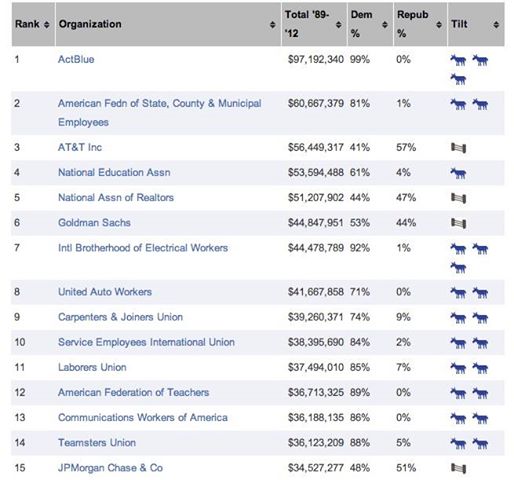Charles Cooke on the political phenomenon that is (are?) Hilary Clinton:
It seems clear now that there are two Hillary Clintons. The first, who exists wholly in the abstract, is the one we have been waiting for. She is a Maker of History and a savior of women; an equal partner in the power couple that presided over the prosperity, cool, and competence of the 1990s; a world-beating secretary of state; a feminist who smashes glass ceilings and fights for all that is right and good. Millions of us are “Ready!” for her.
The other exists in the real world. This Hillary is a person who lacks concrete achievements; whose inevitability never quite translates into evitability; whose rhetoric always seems to turn up empty; who has an impressive capacity for saying things that hurt her and her interests; and, most distressingly of all, who becomes instantly less likeable the moment she opens her mouth.
It is the second Hillary that is currently making the news. Indeed, important as the Democratic party’s internecine war was to her loss, one has to start considering the possibility that what ultimately doomed Hillary Clinton in 2008 was that she is Hillary Clinton. The husband whose name she took has a political knack unmatched in our times — a capacity to spin straw into gold and to rise unscathed from the dirtiest of ashes. Hillary, alas, seems to have the opposite quality, possessing a remarkable ability to snatch defeat from the jaws of victory and to turn favorable moments into cudgels that might later be wielded against her. Responding in May to a question about suicide, Clinton voluntarily launched into an unwise disquisition about gun rights, including in her messy remarks the politically dangerous recommendation that the federal government should look to “rein in” the right to bear arms. This weekend, she made a similar error. Asked about her astronomical public-speaking fees, Clinton declined to give the honest answer — which is, “I have the opportunity to make a lot of money speaking; wouldn’t you take it?” — and instead went off on a peculiarly defensive tangent. “We came out of the White House not only dead broke but in debt,” Clinton explained to Diane Sawyer. “We had no money when we got there and we struggled,” she continued, “to, you know, piece together the resources for mortgages for houses.” Later, she repeated the claim, noting that the couple was in dire need of the cash to “get us houses.”
What a difference a plural makes.




